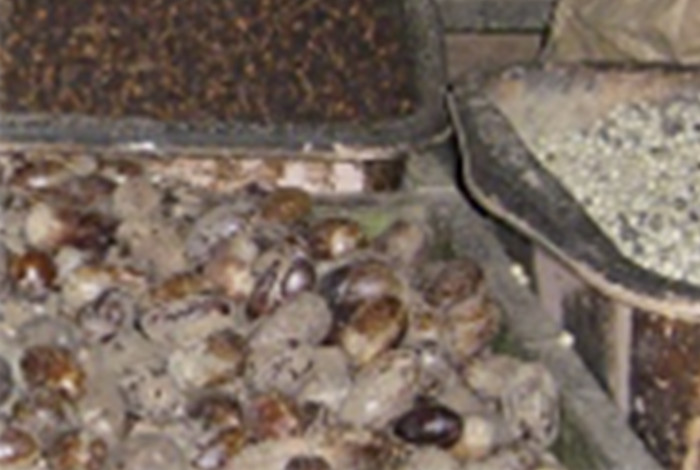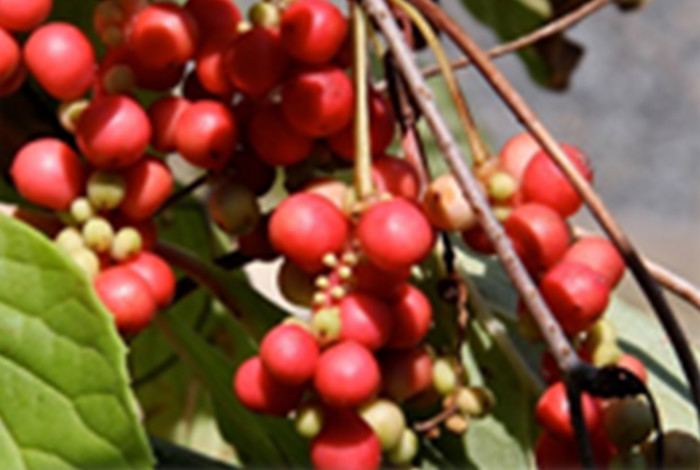Research Projects
Field of Co-creation
Increase of Healthy Life Expectancy by Studies on Indonesian and Japanese Medical Plants

Project Leader
College of Life Sciences
Professor Mikio Nishizawa
Searching for active components leading to drug discovery from Indonesian and Japanese medicinal plants
In Japan, diabetes mellitus, atherosclerosis, and dementia associated with cerebral vascular disorders are increasing with the aging of the society. In many Asian countries, including Japan and China, where the aging of people rapidly develops, the aging of societies becomes prominent. Furthermore, in Muslim countries, such as Indonesia, obesity and diabetes mellitus become major problems, because alcohol is forbidden and thus the people prefer sweet foods and drinks. This project seeks for medicinal plants that may serve functional foods and lead compounds for new drugs, and we are attempting to solve the serious issues of an "age of ailing Asia." We focus on the Japanese traditional medicine "kampo drugs," and the Indonesian traditional medicine "Jamu." We perform pharmacological studies on the constituents of these traditional herbal drugs that are effective against the disease involved in vascular inflammation.
Indonesia is blessed with its huge biodiversity, and there are more than 1,000 medicinal plants with scientific names, which are just a small part of many medicinal plants in Indonesia. This project finds a wealth of the medicinal plants with the close cooperation with the University of Brawijaya, Indonesia and Ritsumeikan University. The project members at Ritsumeikan University provide their advanced technologies about extraction and analyses of herbal medicine to Indonesia, and then both universities will proceed the research about the traditional herbal medicine.
Furthermore, we search for the constituents in traditional herbal medicine that possess anti-inflammatory effects from Indonesian Jamu and Japanese kampo medicine. Constituents are purified from them, identified, and then evaluated for their anti-inflammatory activity using hepatocytes. The pharmacological properties of the constituents in the herbal medicine are examined using animal models of human diseases. Development of functional foods, as well as lead compounds to develop new drugs are expected from the studies on the herbal drugs whose medicinal activity has not yet known. At first, we are trying to investigate medicinal plants of the ginger family, which are most potent in anti-inflammatory effects.
Another feature of this project is active personal exchanges between universities. Ritsumeikan University accepts talented researchers and international students on master and doctoral courses from the University of Brawijaya. Through this joint program, our technology and knowledge will be shared to establish "Herbal Research Centers" in Indonesia and Japan in the future, as the results of the Japanese-Indonesian cooperation.

